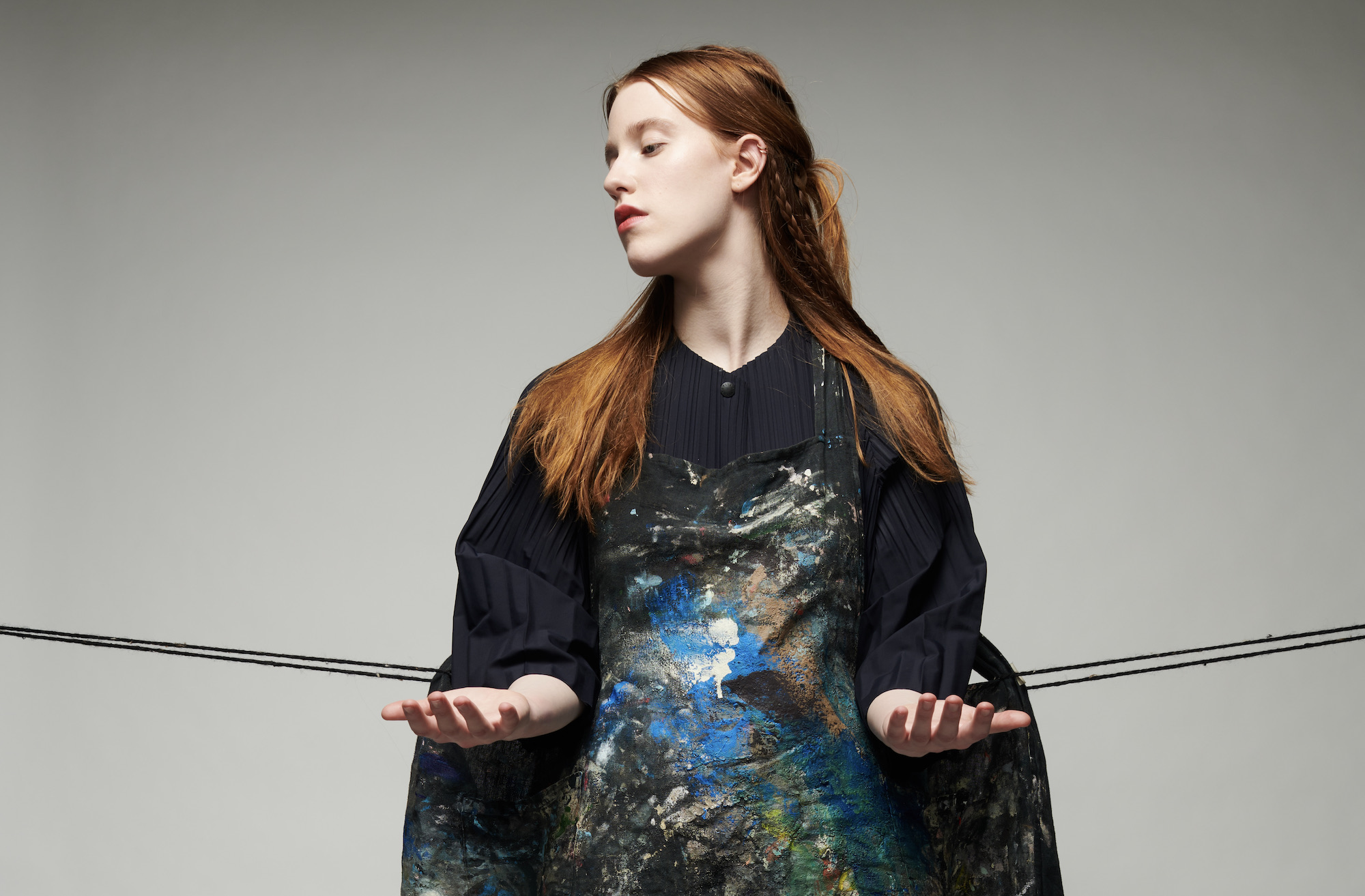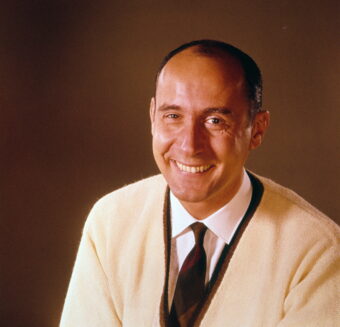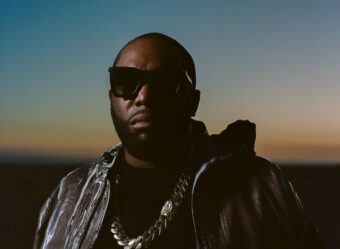At first glance, Willa Amai’s album title sounds like something an overzealous child might brag about to their babysitter (as soon as their parents leave).
I Can Go To Bed Whenever.
And to some extent, the folk-pop newcomer means it that way. At 17, Amai views her debut LP as a coming-of-age story — an exploration of adulthood as she finishes her junior year of high school.
The deeper context, however, speaks to the Los Angeles teen’s mental health journey, and how a childhood diagnosis of anxiety disorder manifested itself, even as then-13-year-old Amai was going viral on YouTube for her ethereal cover of Daft Punk’s “Harder, Better, Faster, Stronger” in 2017.
“I had a fear of not sleeping,” Amai tells SPIN over the phone. “From fourth grade to eighth grade, I made my mom promise me that I could go to bed whenever — that whatever time I ended up falling asleep, that it would be okay. It’s been a couple years now since I’ve had to do that, and it was just such a momentous experience of letting go of that reassurance that I needed so badly when I was younger, and it signified my growth.”
As she’s managed her anxiety — and acted as an ambassador for the National Alliance on Mental Illness — Amai has made impressive inroads in the music industry, and connections to some of its most respected female artists.
“I believe this kid, every word,” says Linda Perry, the stalwart rock and pop songwriter and producer. Perry produced Amai’s debut album, out on June 4, after she met the young artist when Amai was 12, through family friends. The Four Non-Blondes singer has been Amai’s mentor ever since.
“Her emotional intelligence and the commitment to preserve the art of songwriting makes me happy,” Perry adds. “She’s an unconventional, thoughtful little freak that can’t define her sound and I fucking love that.”
Amai scored a few million streams last year with a haunting rendition of Perry’s “What’s Up?” bound to the pandemic shutdown. Before that, she sang a duet with Dolly Parton for the 2018 film Dumplin’ and was invited by Brandi Carlile to sing on stage in San Francisco in 2019.
Again, she’s 17. That’s quite the backing for such a young and unknown artist, but Whenever delivers on lofty expectations, unveiling a subtly sad, poetic and open-ended project that welcomes listener interpretation.
On “Too Close,” a sleepy, piano-driven new single that hinges on a hypnotic “hey now, hey now” chorus, Amai sings cryptically of “a choice impossible to make.”
The song can mean almost anything, and Amai hopes listeners mold the lyrics to fit their world, but for her, the decision in question is tied to “claustrophobia between childhood and adulthood,” she says.
“I was trying to signify this idea that I didn’t know where I was supposed to go.”
The more pointed “Not a Soldier,” whose chorus wails “I’m in deep, I’m in far, I’m in head over heels” like a lamentative siren song, unpacks Amai’s contemplation of love as an element in her life she can neither control nor prepare for.
“It’s about learning how to cope with not being able to be calculated, and to be strong when it comes to love,” she says.
There’s a certain candor to Amai’s writing akin to Carlile, Florence Welch or Regina Spektor — all of whom the teen grew up idolizing — as though she’s already deeply aware of who she is, even if she’s unsure where she’s going. As the sole songwriter on the album, Amai achieves a level of clarity beyond her years, unlocking feelings of melancholy and warmth in a style that’s both challenging and highly listenable. It’s a testament to her obsession with song construction, which began at nine years old.
“[Songwriting] has always felt easy just because it comes from such an authentic place,” Amai says. That’s how I express myself … It’s necessary for my own emotional and mental upkeep.”
Going forward, she’s not afraid to evolve her sound — heck, she loves Queen, AC/DC and Brooklyn rapper Joey Bada$$, too — but whatever she’s writing, she knows it needs to be great, especially after all the hype from such powerhouse artists.
“It puts a lot of pressure on me because it’s no longer just me saying, ‘these are songs I wrote in my room, if nobody likes them, that’s fine,’” she says. “Now I feel like it’s not just for me — it’s for a lot of other people, who I really care about. But that’s pushed me to make my music the best it can be.”





